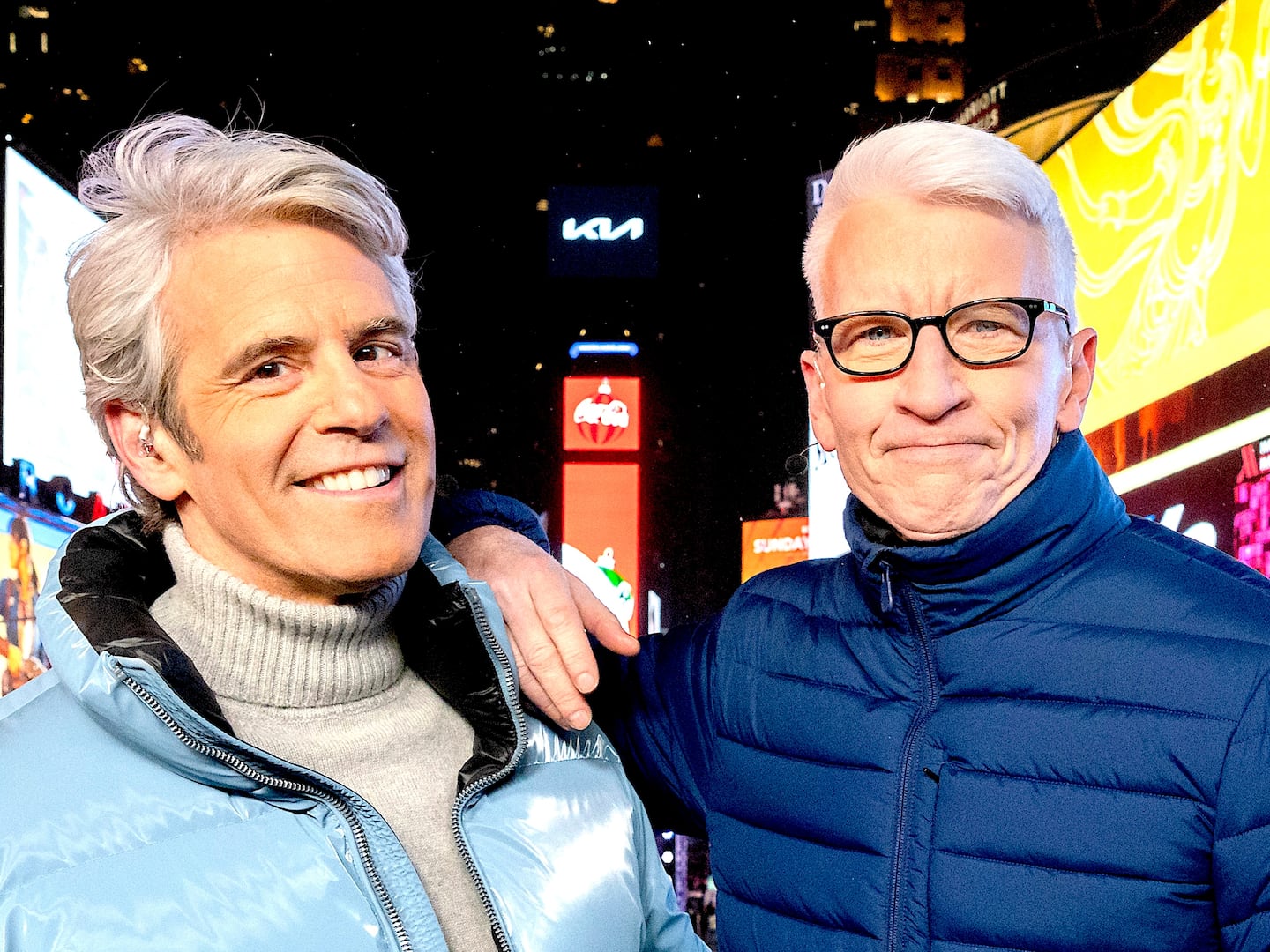The act of biologically giving birth is a burden from which women must be—and are—liberated in The Pod Generation, Sophie Barthes’ film about a future marked by a high-tech service that lets humans have babies in smooth, glistening app-controlled eggs known as pods. These detachable wombs are a godsend for mothers who seek to prioritize themselves and their careers over their parturition duties, although they’re not without their downsides, as is soon learned by a couple that decides to procreate through this most modern of means.
Debuting at this year’s Sundance Film Festival (where it’s already won the Alfred P. Sloan Feature Film Prize), The Pod Generation is a social satire about both our dependence on the synthetic and about male and female attitudes toward parenthood. Its sci-fi conceit and imaginative world-building are, at least initially, intriguing.
The civilization envisioned by Barthes is one that views nature as an unwanted hindrance to be replaced, whenever possible, by technology. Thus, domestic and professional spaces are governed by knowledgeable virtual assistants, therapy is handled by AI psychiatrists, and interactions with the great outdoors take place via holograms and “nature pods” that simulate the sensation of being in the woods or at the ocean.
Rachel (Emilia Clarke) is a thriving employee of a company that makes Alexa-like products—the latest being a small one that, like her computer shrink (voiced by Kathryn Hunter), boasts a single roving, blinking eye—and she embraces the mecha-frontier she’s helping to pioneer with confident enthusiasm.
That makes her the polar opposite of her husband Alvy (Chiwetel Ejiofor), a botanist who teaches at the local college and otherwise spends his time in their high-rise city apartment nurturing some of the many plants that appear to be on the verge of extinction. They’re a space-vs.-stone age pair. The first of many leaps of faith required by The Pod Generation is believing that the two would be a happy match, given that they have fundamentally dissimilar outlooks on contemporary society, the intrusive presence of technology, and their forthcoming path together.
No matter their bedrock differences, Alvy and Rachel both want to have children. Yet despite routinely dreaming of staring into a mirror and walking along the beach while pregnant and/or cradling an infant, Rachel is far more open-minded than her spouse is about the Womb Center, a corporate facility (embodied by Rosalie Craig’s arrogant, creepy saleswoman) that, for a hefty price, lets men and women conceive through artificial insemination and incubation in a shiny pod.
The orbs are charged on a large base and are housed at the Center (save for a brief at-home period) so that mothers can escape the onerous task of dealing with the physical and emotional baggage that pregnancy often entails. With her friend and coworker Alice (Vinette Robinson) in her ear praising the benefits of this supposedly feminist process, Rachel accepts the Womb Center as an ideal option. When a spot on the waitlist opens up and she’s offered a tour, she seizes her opportunity—all behind Alvy’s back.

Surprise, surprise, Alvy—who loves to plunge his hands into soil, and who goads nervous students into eating food that was actually grown on trees—isn’t happy to hear that Rachel has dived headfirst into this pod endeavor without talking to him first. Nonetheless, in one of The Pod Generation’s many clunky serio-comic turns, he bristles for a while and then gives in to his wife because she really wants a pod baby and he’s eager to be a father.
As it turns out, he’s not technically needed for the procedure; if the couple covets a girl, she can be created solely from Rachel’s genetic material. However, once he’s signed the contract and watched his sperm fertilize Rachel’s egg in real-time on a jumbo screen, he warms to their reproductive project, carrying the pod around in a BABYBJÖRN-style sling in which the pod sits at his belly as if he were pregnant, and playing it music and talking to it in order to forge a bond with the child inside.
Barthes expands her story’s universe with lots of inventive touches (such as a countertop 3D toast printer), and just as her visual scheme and gadget designs are defined by warm, colorful glowing lights and round shapes, her action is cast in soothing, gentle tones. The Pod Generation is a vision of digital mindfulness run amok, and it’s best in its details. Unfortunately, those are secondary to its actual plot, which sets up obvious opposing divisions (nature and technology; mothers and fathers; urban and rural) and then does nothing novel with them.
The plot’s ironic twist is as predictable as they come, and worse, it plays out in such a serene manner that its humorous impact is all but lost. That’s likewise true about the film’s third act, in which rash and reckless decisions result in scant suspense or zaniness, too encased is everything in a gauzy, narcotized haze.
The Pod Generation is a celebration of dreams (as windows into the soul, and therefore something uniquely human) and organic connections that resonate as contrived, led by an Emilia Clarke performance that never strikes the right balance between subtlety and exaggeration. Clarke’s eyes frequently go wide and her smile grows enormous in a manner that’s meant to be comical but comes across as off-putting. Those expressions are then at odds with insistently sensitive slumbering passages—resembling awful Big Pharma commercials—that find her lovingly content in the company of her natural-birth tyke.
Ejiofor’s Alvy is the only one who elicits anything approaching an actual laugh, mostly when he becomes infuriated and dismayed by ever-present technology. Yet he’s also a two-dimensional device, there to play the yin to Rachel’s yang in a gratingly earnest sermon about the primacy—in motherhood, and in general—of getting back to bio-basics.
Neither as scary nor as funny as its premise might be, The Pod Generation instead coasts along on a placid, self-satisfied wavelength. Lightly mocking our reliance on apps and machines, and offering up cozy life lessons about disconnecting from the techno-rat race and tuning into the flesh-and-blood people we love and the natural world that’s threatened by our preference for comfortable convenience over genuine, thorny experience, it’s a film that itself could use some sharper edges.
Keep obsessing! Sign up for the Daily Beast’s Obsessed newsletter and follow us on Facebook, Twitter, Instagram and TikTok.







